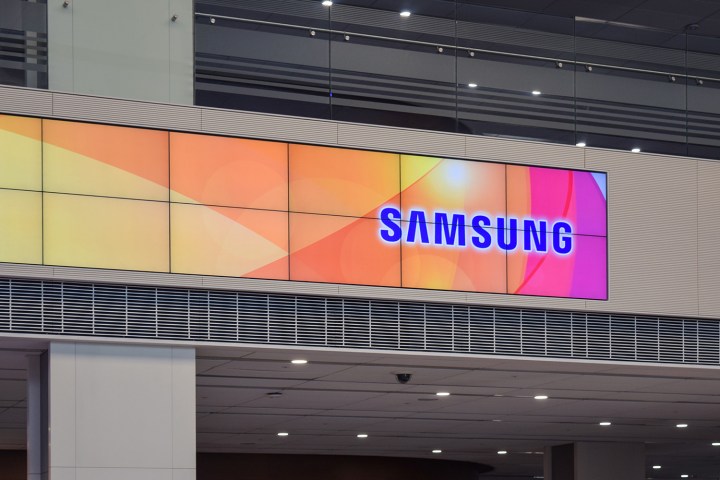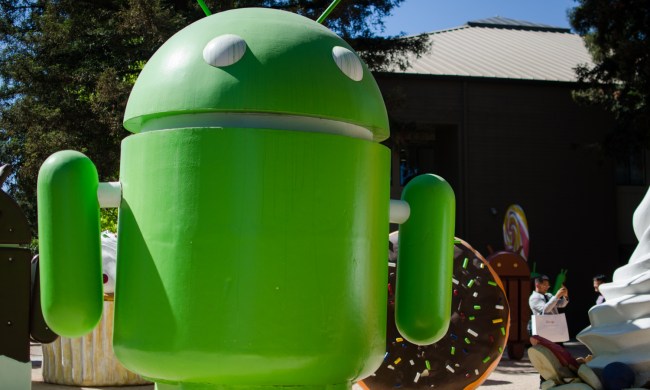
Samsung’s Tizen contains as many as 40 unknown bugs, or zero-days, that could allow a cyber criminal to hack devices without needing to physically access them. “It may be the worst code I’ve ever seen,” Amihai Neiderman, a Kaspersky Labs researcher, told Motherboard. “Everything you can do wrong there, they do it. You can see that nobody with any understanding of security looked at this code or wrote it.”
One security flaw involving TizenStore, Tizen’s app store, could let a hacker pack malicious code with a software update. TizenStore takes measures to ensure that only verified software is installed on Tizen devices, but those measures can be overridden. “You can update a Tizen system with any malicious code you want,” said Neiderman.
Another flaw exploits buffer overrun, a condition that occurs when the space to which data is being written is too small for the data. Tizen’s protections against it are insufficient, Neiderman said.
And Tizen failed to use encryption for secure connections when transmitting certain data. “They made a lot of wrong assumptions about where they needed encryption,” Neiderman told Motherboard.
The problem stems in part from unwieldy code. Neiderman told Motherboard that much of the Tizen code base is old and borrows from previous Samsung projects, including Bada, a discontinued mobile phone operating system. “You can see that they took all this code and tried to push it into Tizen,” he said.
That’s bad news. Samsung, in a long-running effort to reduce its reliance on Google’s Android operating system, is shipping a growing number of devices with Tizen.
“Tizen is going to be Samsung’s next biggest thing. We might see the new Galaxies running Tizen, it could happen that soon. But right now Tizen is not safe enough for that.”
Tizen powers more than 30 million of the company’s smart TVs, tens of millions of Samsung Gear smartwatches, and prototypical smart washing machines and refrigerators. And it’s in smartphones as well. Samsung has Tizen running on phones in countries like Russia, India, and Bangladesh, and plans to have 10 million Tizen phones in the market this year.
Samsung told Motherboard that it’s working with Niederman to address the bugs. “We are fully committed to cooperating with Mr. Neiderman to mitigate any potential vulnerabilities. Through our SmarTV Bug Bounty program, Samsung is committed to working with security experts around the world to mitigate any security risks.”


